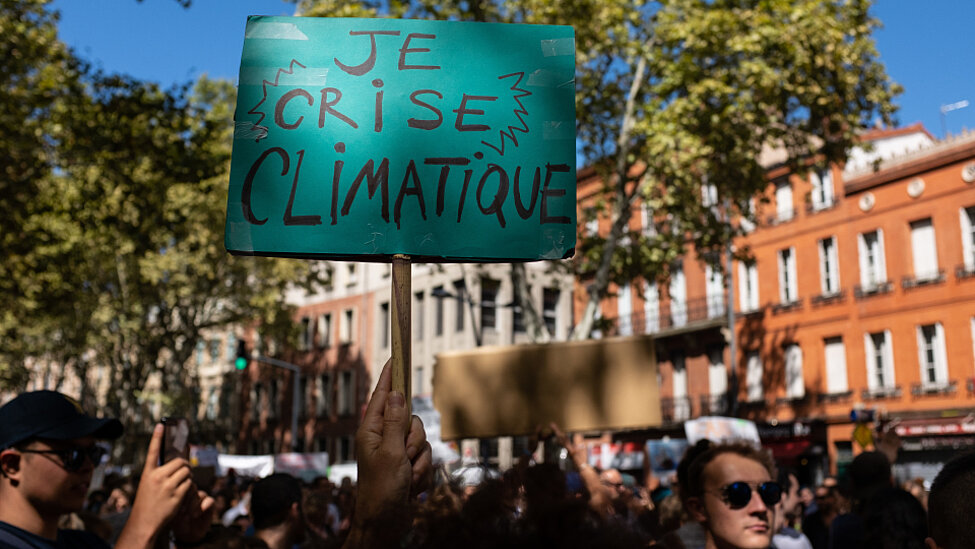Engaging with the news cycle today can be a rather gloomy experience. It is easy to get the sense that we are always going from one crisis to the next. And the fact is, that is at least partially true – 2023 begins in a crisis-ridden age, historically speaking.
“The more quickly things happen in society, the more crises that arise. That could be regarded as an explanation for why we think there are more crises than before. But there is rather more to it than that,” says David Larsson Heidenblad, associate professor of history at Lund University.
One crisis triggers the next
David Larsson Heidenblad says that the number of ongoing crises always reflects the prevailing geopolitical situation. For example, after the Cold War ended in the 1990s, when the threat of nuclear weapons was played down since the Soviet Union no longer existed, a period of global détente followed, lasting until the attacks on the World Trade Center on 11 September 2001.
“Global tensions have been rising ever since, and the Russian invasion of Ukraine is an example of this. Today, we are also experiencing several parallel, genuinely threatening crises at the same time. There is a war is going on in our part of the world, with an energy crisis and an economic crisis as a result, and that is happening alongside climate change,” says Larsson Heidenblad.
The concept of ‘crisis’ is a relatively new one
The very notion of crisis is a fairly new one, in historical terms. It appears in Swedish usage in the eighteenth century, but it was quite unusual and was used mainly in medical contexts. As modern industrial society grew, the concept of crisis became more widespread.
“As a result of the radical industrial and technological revolution, people began both to experience and to believe that things can change for the better,” says Larsson Heidenblad.
That is a departure from the way people thought up until the 1800s, when many imagined a future getting worse and worse.
“Quite simply, we started to believe that the future could be different from the past. In the modern era, there’s an almost exaggerated fixation with change that is still lingering today and that to some extent forms the core of our common perception of reality,” Larsson Heidenblad adds.
Risk of overusing the concept of crisis
In his 2013 thesis “Vårt eget fel” (Our own fault), Larsson Heidenblad studied crises throughout history and the similarities between previous religious notions of collective punishment of sin and the 21st century’s collective guilt over climate change.
“Then, as now, impending catastrophes were explained with reference to our behaviour. That narrative applies in 2023 too, with climate change perhaps the best example of a crisis caused by humans,” says Larsson Heidenblad.
He is sceptical about us routinely using the concept of crisis, and mentions the climate issue as being particularly problematic. Labelling it with ‘crisis’ can bring certain risks.
“Constant media reporting about the number of ongoing crises can cause a paralysis, it actually does not work constructively at all, and results in us making no effort to improve the situation that ongoing climate change demands,” says Larsson Heidenblad.
Despite researchers and politicians making efforts to put climate change on the agenda in the late 1980s, there was no widespread sense of crisis then. In fact, there were hopeful visions of a circular economy, a green and modern future.
“Although people were aware of global warming, it did not have the same apocalyptic and polarising dimensions as it does today. Words like ‘climate threat’ and ‘climate crisis’ did not come up then,” says David Larsson Heidenblad.
How do you feel about that?
“In terms of the environment and climate, I think it is important to highlight – and learn from – positive examples. There is a need for stories about challenges that have been overcome, problems that have been solved, and for a sense that change is possible. From a historical perspective, we also know that human societies can be very different from one another. We are more apt to change than we think, and we have overcome difficulties before,” says Larsson Heidenblad.


